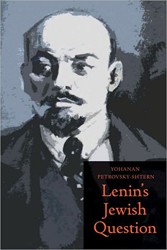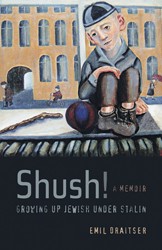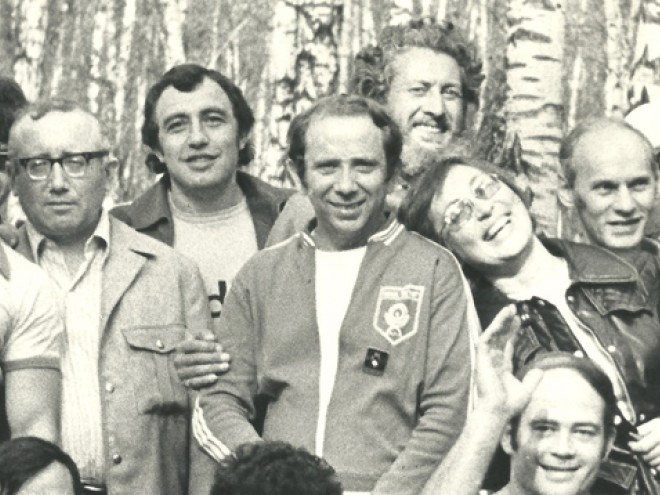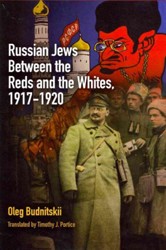The definitive biography of Soviet Jewish dissident writer Vasily Grossman.
If Vasily Grossman’s 1961 masterpiece, Life and Fate, had been published during his lifetime, it would have reached the world together with Pasternak’s Doctor Zhivago and before Solzhenitsyn’s Gulag. But Life and Fate was seized by the KGB. When it emerged posthumously, decades later, it was recognized as the War and Peace of the twentieth century. Always at the epicenter of events, Grossman (1905 – 1964) was among the first to describe the Holocaust and the Ukrainian famine. His 1944 article “The Hell of Treblinka” became evidence at Nuremberg. Grossman’s powerful anti-totalitarian works liken the Nazis’ crimes against humanity with those of Stalin. His compassionate prose has the everlasting quality of great art. Because Grossman’s major works appeared after much delay we are only now able to examine them properly. Alexandra Popoff’s authoritative biography illuminates Grossman’s life and legacy.

Vasily Grossman and the Soviet Century
Discussion Questions
Vasily Grossman was one of the greatest forgotten writers of the twentieth century. His talent was prodigious, but he was held back by the tyrannical Soviet system under which he lived his entire life. His struggle to be an honest writer and yet survive under the repressive Soviet regime would have forced a lesser man to compromise. Yet, Grossman was determined to express his true artistic vision despite the impositions of the oppressive state censors. Grossman’s struggle to express his true self while living in a hostile environment mirrors the eternal struggle of the Jewish people, who want to express their Jewish selves while still remaining welcome in often unfriendly environments. Grossman had a difficult life, with his mother murdered by the Nazis and his greatest work, Life and Fate, censored by the government until years after his death. Alexandra Poppoff brilliantly describes Grossman’s background, his struggles, his works, and his legacy, producing a work that will go a long way to burnishing Grossman’s insufficiently remembered career.

Help support the Jewish Book Council.



